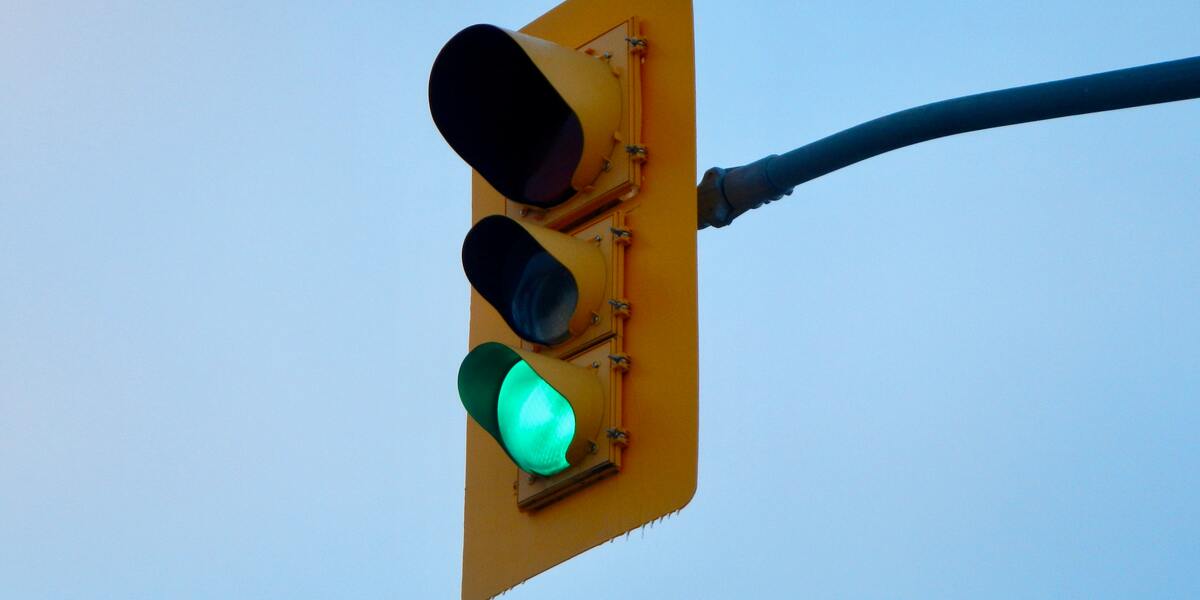
Roche released a community letter in early 2023, to share that their Phase II clinical trial to study the huntingtin-lowering drug, tominersen, is now underway. In this article, we summarise the latest news about this huntingtin-lowering drug.

Novartis have announced that they are ending development of the drug branaplam in Huntington’s disease. Here, we review this latest news and its impact on the HD community.

Following a 3-month pause in enrollment due to concerns about side effects, uniQure shared the good news that their trial of the HD gene therapy AMT-130 will continue as planned, with new safety measures in place.

Last week, PTC Therapeutics released a statement sharing that recruitment of participants into the US arm of the PIVOT-HD trial has been paused. In this article, we will lay out exactly what is known and what this announcement means.

Two companies developing medicines for Huntington’s disease announced news about their huntingtin-lowering drugs. Let’s talk about the history and the caveats surrounding these hopeful pieces of news.

After receiving a high dose of uniQure’s gene therapy for Huntington’s disease, a few patients experienced serious side effects, but are now recovering. HDBuzz explores what this means for the experimental huntingtin-lowering drug, AMT-130.

HDBuzz is saddened to share the news that the VIBRANT-HD trial of the oral huntingtin-lowering drug, branaplam, has been temporarily suspended for the safety of participants.

uniQure is conducting safety trials of the first gene therapy for HD. A recent press release provided a 1 year update on the first group of 10 people who underwent surgery to receive this experimental drug. Let’s talk more about what it means.

Scientists at IBM and the CHDI Foundation have used artificial intelligence to analyse datasets from Huntington’s disease observational trials to model progression of the disease. They hope their findings will help improve clinical trial design.